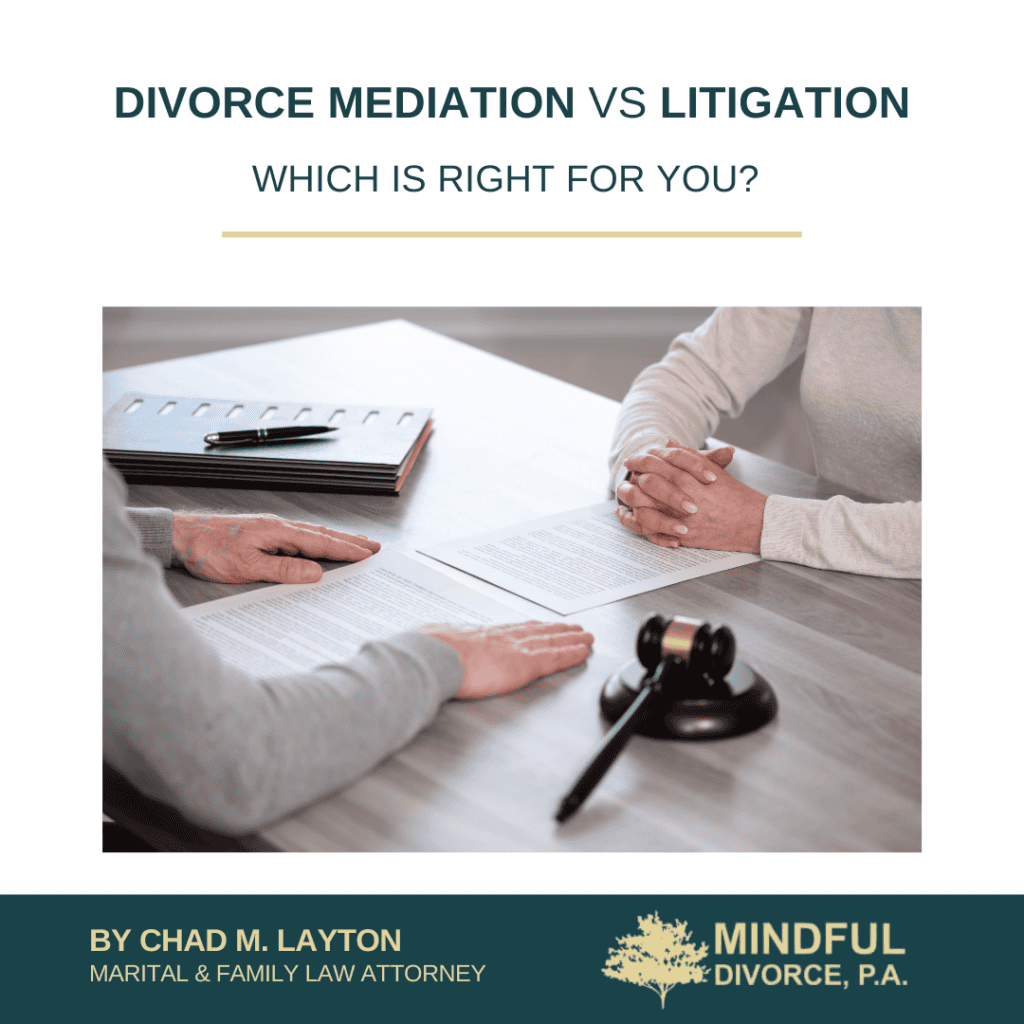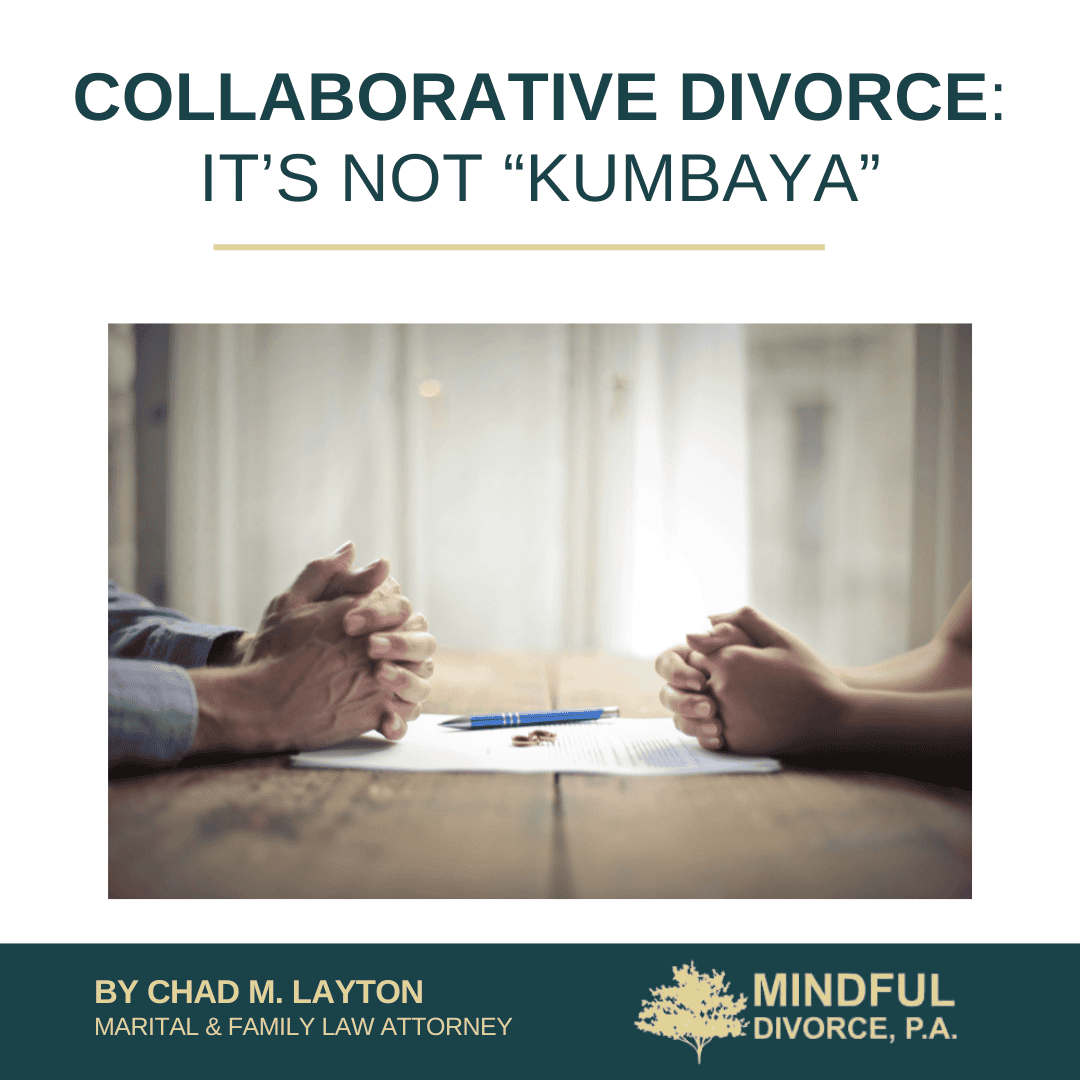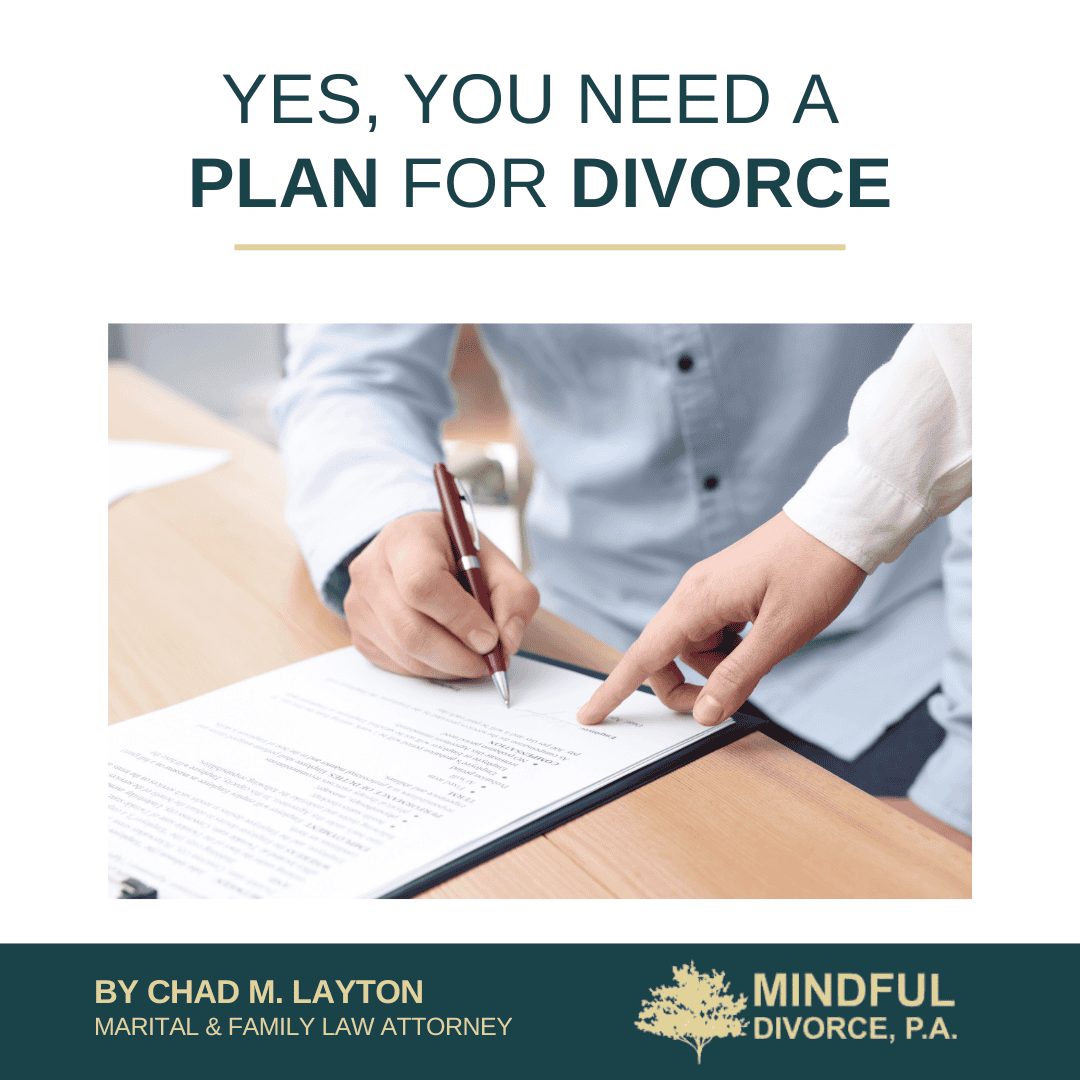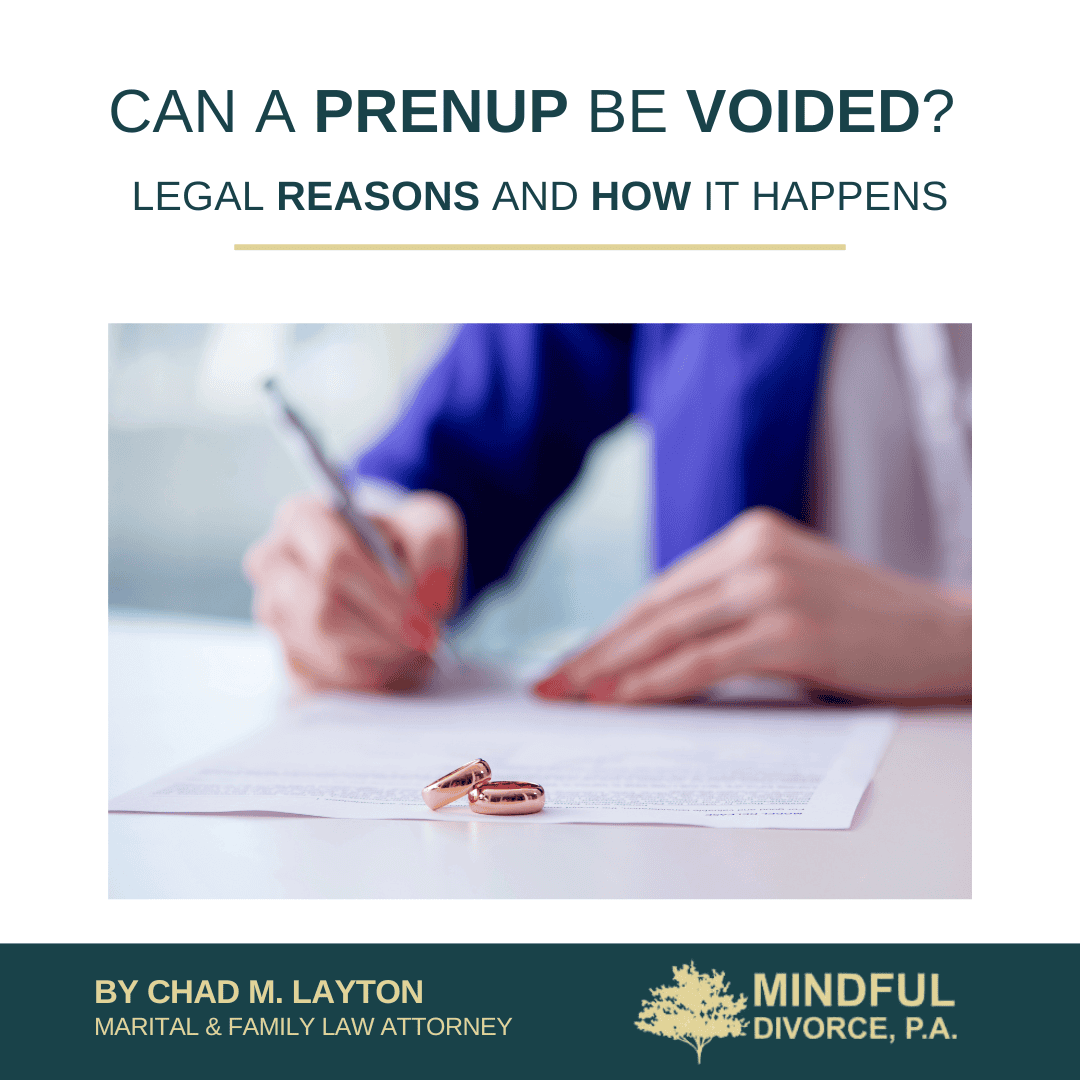
Divorce can be an emotional whirlwind, filled with difficult decisions and moments of uncertainty. One of the most significant choices you’ll face is how to approach the process itself. At Mindful Divorce, P.A., we’ve helped countless Florida couples find their way through this challenging time, and we’ve seen firsthand how the method you choose can shape the outcome of your divorce.
There are two primary paths: divorce mediation and divorce litigation. Each has its strengths and challenges, and understanding their differences can help you make an informed decision that aligns with your unique needs and goals.
What Is Divorce Mediation?
Divorce mediation is a collaborative process where a neutral third party, known as a mediator, helps you and your spouse work through the terms of your divorce. The goal is to reach a mutually acceptable agreement without the adversarial nature of court proceedings.
Key Features of Mediation:
- Neutral Guidance: The mediator doesn’t take sides but instead facilitates productive discussions.
- Flexibility: You and your spouse maintain control over decisions rather than leaving them up to a judge.
- Privacy: Mediation is a private process, unlike court hearings, which are part of the public record.
Benefits of Mediation:
- Cost-Effective: Mediation is typically less expensive than litigation since it avoids lengthy court battles and high attorney fees.
- Faster Resolution: Mediation can often be completed in weeks or months, depending on your willingness to cooperate.
- Less Adversarial: By focusing on communication and compromise, mediation can help preserve a more amicable relationship—a critical factor if children are involved.
- Custom Solutions: You can craft agreements tailored to your family’s needs rather than relying on rigid court rulings.
However, mediation isn’t for everyone. It requires open communication and a willingness to compromise, which can be challenging in high-conflict situations.
What Is Divorce Litigation?
Divorce litigation is the traditional court-based approach where each party hires an attorney to represent their interests. A judge decides unresolved issues, such as asset division, alimony, and child custody.
When Litigation Might Be Necessary:
- High Conflict: Litigation might be the only option if you and your spouse can’t communicate effectively or agree on key issues.
- Complex Finances: Cases involving significant assets, businesses, or complicated financial matters often require a structured litigation approach.
- Domestic Violence: If abuse or coercion is a concern, litigation provides a more protective framework.
- Uncooperative Spouse: Court intervention becomes essential when one party refuses to negotiate or participate fairly.
Drawbacks of Litigation:
- Costly: Litigation can be expensive due to court fees, attorney costs, and prolonged timelines.
- Time-Consuming: Cases can drag on for months or even years, depending on the complexity.
- Emotionally Draining: The adversarial nature of litigation often increases stress and hostility.
- Lack of Control: Decisions are left in the hands of a judge who may not fully understand your family dynamics.
Key Differences
| Aspect | Mediation | Litigation |
| Control | Couples make decisions together | Judge makes the final decision |
| Cost | Generally more affordable | Often more expensive |
| Privacy | Confidential discussions | Public court proceedings |
| Time | Typically quicker | Can take months or years |
| Conflict Level | Requires cooperation | Suitable for high-conflict cases |
Choosing the Right Approach
The right choice depends on your circumstances and priorities. Let’s explore some factors to consider when deciding between mediation and litigation.
Level of Conflict
How well can you and your spouse communicate? Mediation may be a good fit if you can hold respectful discussions and compromise. On the other hand, high-conflict situations often require the structured environment of litigation.
Complexity of Assets
Do you have significant assets or intricate financial arrangements? Complex cases with multiple properties, investments, or business interests might benefit from litigation’s detailed discovery process and court oversight.
Presence of Children
When children are involved, co-parenting goals become a priority. Mediation can provide a less contentious atmosphere, fostering cooperation and creating parenting plans that work for everyone. Litigation, while sometimes necessary, can intensify conflicts and impact children emotionally.
Desire for Control
Mediation allows you to retain control over the terms of your divorce. If maintaining a say in the final agreement is important to you, mediation’s collaborative nature may be preferable. In litigation, a judge makes the decisions.
Time Constraints
Are you looking for a quicker resolution? Mediation often takes less time than litigation. This can be a deciding factor if you need to move forward promptly.
Additional Considerations
While mediation works well for many, it’s not suitable for everyone. Situations involving domestic violence, power imbalances, or unresolved financial complexities may require litigation. Sometimes, a hybrid approach can be effective—starting with mediation and resorting to litigation for unresolved issues.
The ultimate goal is to find a solution that minimizes emotional and financial stress while achieving a fair outcome. Whatever path you choose, the support of an experienced legal team can make all the difference.
Get in Touch with Mindful Divorce, P.A.
We understand how overwhelming divorce decisions can be, and that’s why we’re here to provide clarity and support every step of the way. At Mindful Divorce, P.A., we’re committed to helping you find the best approach for your unique situation, whether through mediation or litigation.
Call us at (561) 537-8227 to discuss your options or visit our Contact Us page to schedule a consultation. Let’s work together to secure the future you deserve with less stress and more confidence in your decisions.



